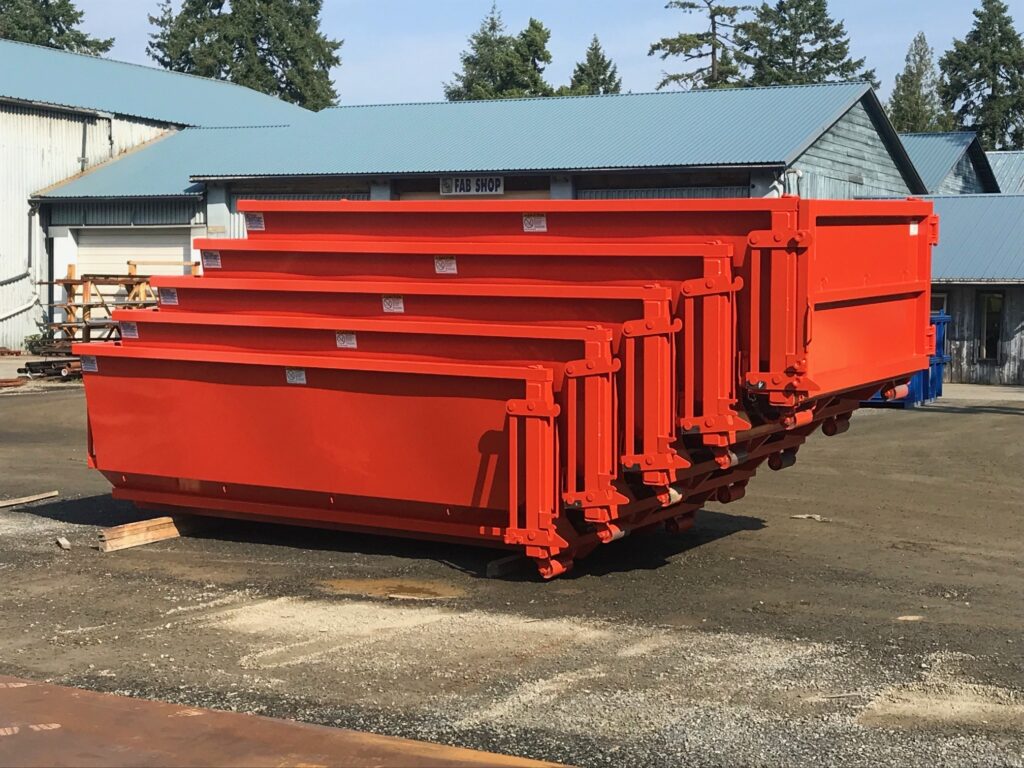Frisco, TX – A new player has entered the waste management industry in Frisco, TX. Dumpster Rentals Frisco is officially open for business, offering convenient and reliable dumpster rental services to residents, businesses, and contractors in the region. With a strong focus on customer satisfaction, affordability, and environmental responsibility, the company aims to become the go-to solution for all dumpster rental Frisco needs. Also, check out their website here: https://dumpsterrentalsfrisco.com/
Meeting the Growing Demand for Waste Management
As Frisco continues to expand with new construction projects, home renovations, and commercial developments, the demand for efficient waste disposal solutions has never been higher. Dumpster Rentals Frisco provides a range of dumpster sizes to accommodate different project needs, whether for homeowners cleaning out their garages, contractors managing demolition debris, or businesses in need of routine waste disposal.
Services Offered
Dumpster Rentals Frisco specializes in providing roll-off dumpsters in various sizes, including:
- 10-yard dumpsters – Ideal for small cleanouts and minor renovations.
- 20-yard dumpsters – Perfect for medium-sized projects such as kitchen or bathroom remodels.
- 30-yard dumpsters – Suitable for large construction and demolition projects.
- 40-yard dumpsters – Designed for major construction work, large-scale demolitions, and commercial waste management.
Customers can expect flexible rental periods, competitive pricing, and hassle-free scheduling. Whether it’s a one-time rental or an ongoing waste management solution, Dumpster Rentals Frisco ensures prompt delivery and pickup, keeping projects on track and properties clutter-free.
Environmentally Responsible Waste Disposal
Dumpster Rentals Frisco is committed to responsible waste disposal practices. The company follows local and state regulations to ensure that waste is properly sorted, recycled, and disposed of in an environmentally friendly manner. By working closely with local recycling centers and waste management facilities, they strive to minimize landfill contributions and promote sustainable waste handling practices.
Why Choose Dumpster Rentals Frisco?
- Locally Owned and Operated – As a Frisco-based company, Dumpster Rentals Frisco understands the unique needs of the community and prioritizes customer service.
- Affordable Pricing – Transparent pricing with no hidden fees ensures cost-effective waste management solutions.
- Reliable and Timely Service – Prompt dumpster deliveries and pickups help customers stay on schedule.
- Flexible Rental Periods – Whether short-term or long-term rentals, the company accommodates various project timelines.
Serving Frisco and Beyond
While headquartered in Frisco, Dumpster Rentals Frisco also extends its services to surrounding areas, including McKinney, Plano, Little Elm, The Colony, and Prosper. This wide service area ensures that both residential and commercial clients in North Texas have access to high-quality dumpster rentals.
How to Book a Dumpster Rental
Booking a dumpster rental with Dumpster Rentals Frisco is easy. Customers can visit the company’s website or call their dedicated service line to discuss their needs and schedule a rental. The company’s knowledgeable staff helps customers choose the right dumpster size and provides expert advice on waste disposal regulations.
As Frisco continues to grow, Dumpster Rentals Frisco is ready to support the community with efficient and responsible waste management solutions. Whether for home projects, business renovations, or construction sites, the company aims to simplify the waste removal process and ensure a cleaner, more organized environment for all.
For more information or to schedule a dumpster rental, contact Dumpster Rentals Frisco today.
